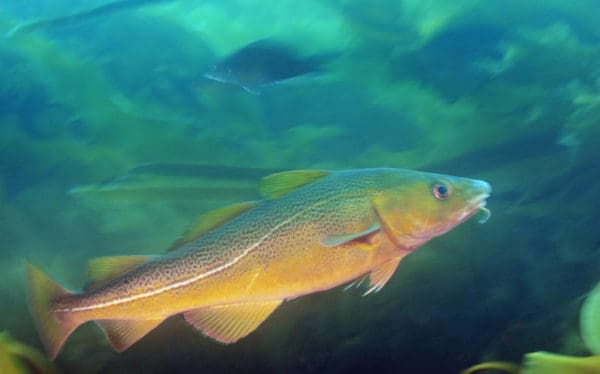Can Cod Make a Comeback? This Fish Story Shows Promise
New England’s fishery managers have adopted a new plan to help the Gulf of Maine cod population bounce back.
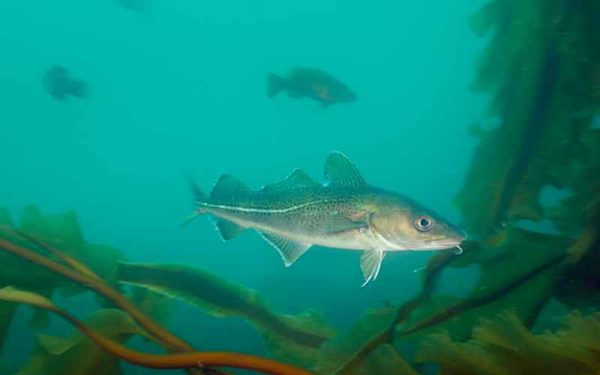
New England’s fishery managers have adopted a new plan to help the Gulf of Maine cod population bounce back.

“With the climate crisis threatening ocean life as we know it, we are depending on our leaders to treat this situation with the urgency it demands,” said CLF President Bradley Campbell. “By appointing a highly regarded expert from New England, President Biden will have a NMFS leader who understands the perils our ocean faces and the promise it holds in a resilient future. CLF looks forward to working with Administrator Coit to restore healthy fisheries in New England and protect critical ocean species and habitat.”
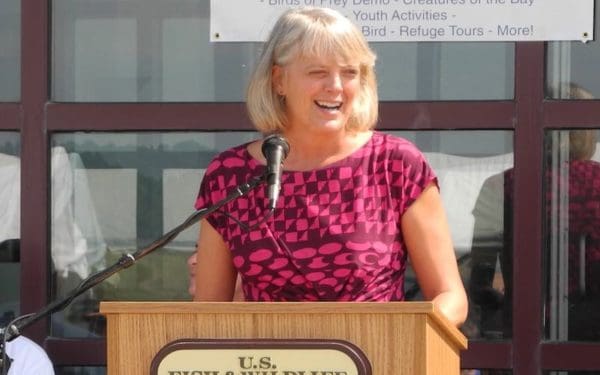
We know that to protect biodiversity and build our ocean’s resilience to climate change, we must protect much more of New England’s ocean.
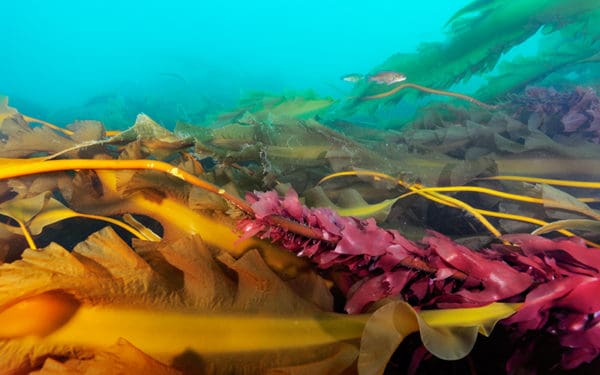
Atlantic cod has been overfished for decades, but at their most recent meeting, New England’s regional fishery managers recommended new catch limits that will further harm cod’s chance of recovery. This plan, called Framework 59, ignores the law and science.

Humans pose the biggest threat to right whales’ survival, and it’s our responsibility to stop killing them. Last month, however, Maine’s state leadership rallied against a proposal that would help save our iconic whale. Fishing and right whales can co-exist, but it’s going to take close collaboration and forward-looking leadership, not obstruction. Maine must be part of the solution if we are to save the right whale from extinction.
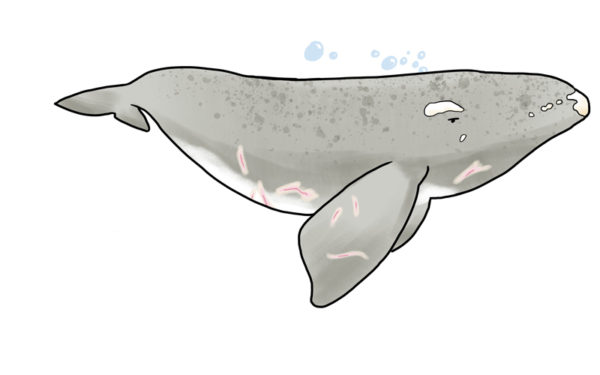
New England’s cod and other groundfish populations have plummeted to historic lows because of decades of overfishing. Our current system of monitoring isn’t bringing back accurate data, and a new amendment is an opportunity to improve it.
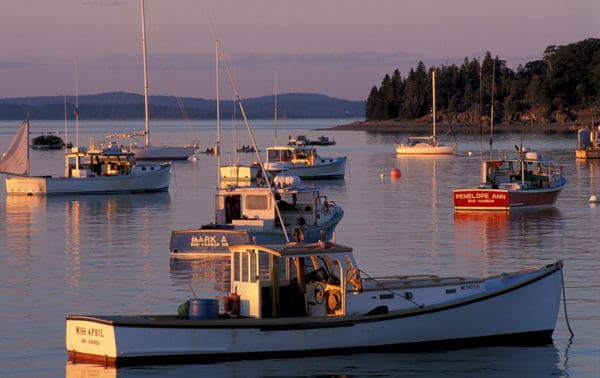
After 14 years of development, a newly approved plan for managing New England’s fisheries should have prioritized protection of important ocean habitats and improved the long-term well-being of our fishing economy. Instead, in a short-sighted decision, fishery managers put fragile habitats and overfished species at even greater risk than they are today.
